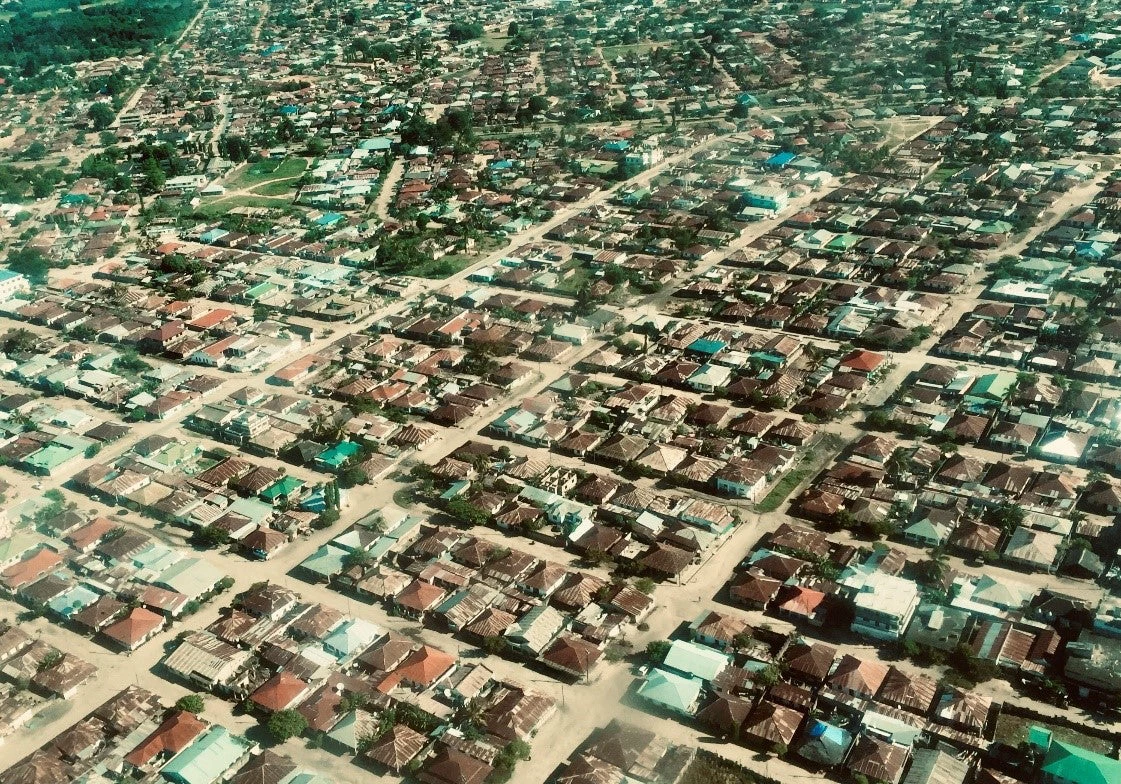 The author with students at S.P. Singh School in Dalippur, Bihar. © Alok Singh/World Bank
The author with students at S.P. Singh School in Dalippur, Bihar. © Alok Singh/World Bank
Business professor and author of several management books Oren Harari is attributed with saying the electric light did not come from the continuous improvement of candles. Education in the developing world needs to follow similar principles. Disruptive technologies that are mobile and in the cloud are helping to make this possible.
As a trainer in the Information Technology Services (ITS) department at World Bank for over twenty-five years, I have seen first-hand the ability of technology to transform lives. I have seen how my knowledge and experience are more valuable in a rural village in India than the money I could donate. This skills transfer is surprisingly easy to do with a little commitment, new technologies and some organization. Things that were impossible a few years ago are now ordinary.
Last year, my colleague Alok Singh discussed during World Bank’s ITS Connect Day how he, his family and others are providing high-quality education free of charge to almost 600 students in rural India. Having traveled to over 20 countries to conduct ITS training, I had the opportunity to visit numerous projects. However, I had never really spent any time in one place working or living with those who lived there. Inspired by Alok’s presentation and blog on using disruptive technologies to solve multi-faceted poverty challenges in rural India, I spoke to him about my experience as a teacher when I was conducting learning sessions for the Boy Scouts of America.
Soon, an opportunity presented itself which allowed me to visit S.P. Singh School in Dalippur, Bihar. I seized it immediately, thinking perhaps I could make a small difference in the lives of the students that money could not. I arrived in Patna, Bihar, on a late Thursday afternoon, and after getting stuck in the worst traffic jam I have ever been in—including driving through a rice paddy—we arrived at the school around midnight.
The next morning, I had a glimpse of where the children who studied in this school came from—just outside the school there was trash, waste and of course, foul odors. But the school itself was an oasis for the children. A private school that not only provided a free education, while all others charged, but one that was neat, clean and provided a safe learning environment.
Alok and I taught almost every day. Alok taught math and computers, while I taught English. Teaching in India is very different from teaching in the U.S. You quickly learn to THINK ON YOUR FEET. For example, to encourage the children to practice speaking in English, Alok and I held open conversation sessions with the whole school. These sessions not only gave the students a chance to hear and repeat conversational English, but we also worked on their pronunciation. These sessions were not scripted, hence the “thinking on your feet.”
We trained the school teachers informally. We did not sit them down but had them watch what we did, such as wearing funny hats to entertain the kids, giving out GOTCHA Awards (a piece of candy for doing a good deed – Alok’s idea) or simply having the students get up and do something to make learning fun.
We partnered with a local technical school to create a technical skills certificate program for local villagers. The idea was to leverage the existing infrastructure to provide: (1) income to the school; (2) local villagers the ability to earn a computer certificate; and, (3) local technical support for the school, so they could potentially fix hardware and software issues. Even now we use Skype and/or Facetime every two weeks in the evening to conduct conversational English sessions with Grade 9 students.
This year, we partnered with the World Bank’s Education Global Practice for a “classroom in a box” concept that uses mobile devices, cellular broadband, portable projectors and solar panel charger/battery to bring education to the most vulnerable. We discussed this modern innovation at this year’s ITS Connect Day along with other working ideas in a rural environment. With a great deal of determination, this development project has created an innovative and agile ecosystem, which uses agribusiness and technology to fund education and healthcare at the village.
No matter what your ideas about reducing poverty are, like starting a technical school, teaching English online or proving the concept of a classroom in a box, knowledge and experience are worth more than money. And using disruptive technologies can change the way education is delivered by anyone in the developing world.




Join the Conversation